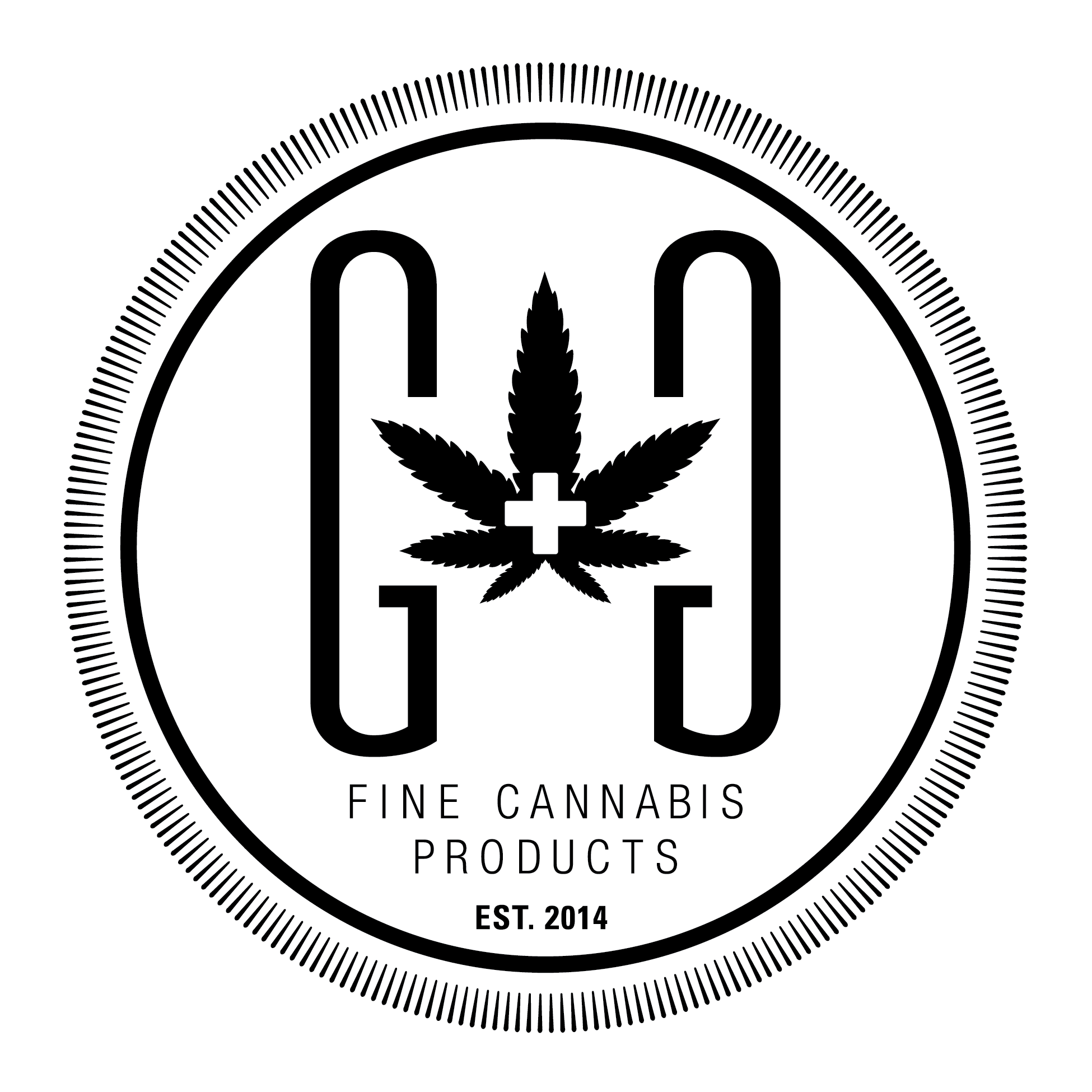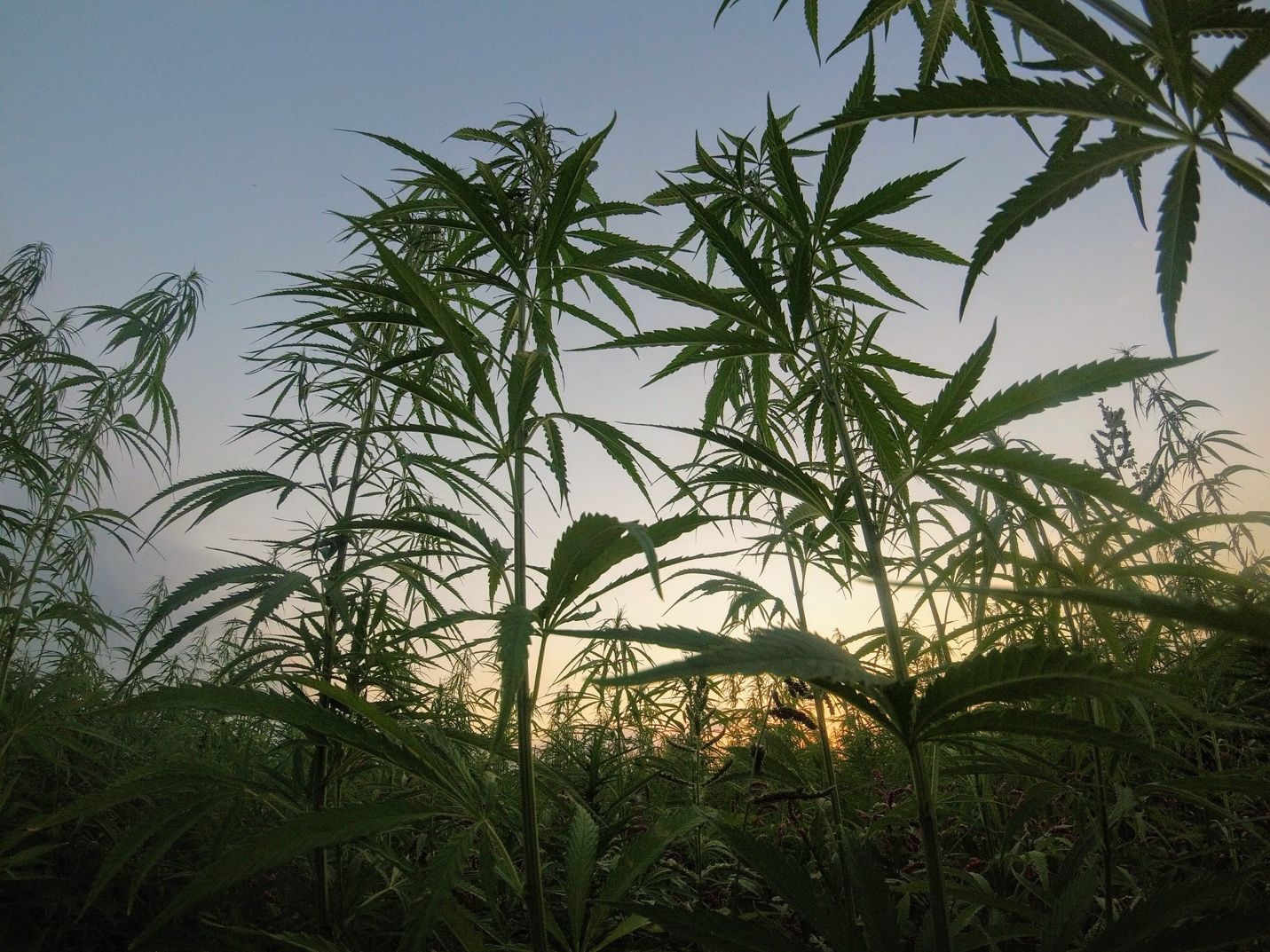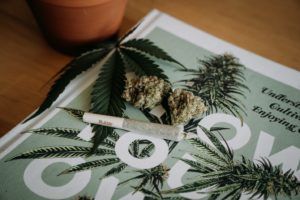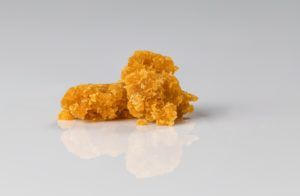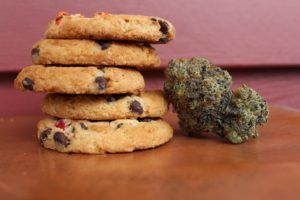Our medicinal and recreational cannabis dispensary, Greeley Gallery, is obviously a big advocate of marijuana. And while we pride ourselves on offering only top-quality weed in North Portland, sometimes, the best thing we can do is to give credit where credit is due. In this article, that credit goes to marijuana’s cousin, the hemp plant.
Our ancestors used hemp for just about everything, and for good reason. It once dominated the American continent and its renewable, hardy, and versatile uses made it one of the easiest and earliest domesticated plants worldwide for at least the last 10,000 years—back to the Neolithic Age.
What is hemp?
As mentioned before, hemp and marijuana are cousins. Both are classified as Cannabis Sativa, but they’re quite different. Similar to how tigers and tabbies are both cats, but obviously fall on opposite ends of the feline category.
Probably the biggest difference between hemp and marijuana is Tetrahydrocannabinol (THC) levels, the active ingredient responsible for weed’s psychoactive effects. While a single marijuana plant can produce anywhere from 5% to 30% THC levels, hemp offers a fraction of THC—closer to .02% Meaning hemp isn’t the plant to get you high.
However, hemp does produce far more Cannabidiol (CBD), the strain known for its medicinal properties. It also has the upper hand when it comes to versatility.
Hemp can make just about anything you can think of – from batteries and diapers to shampoos, surf boards, building materials, ink and carpets.
Which is better?
It’s probably not much of an exaggeration to say that most of our modern world is made from plastic. It’s in our clothes, all our electronics, packaging, toothbrushes, buildings, playgrounds, and more.
Consider this: a million plastic bottles are sold every minute so by the end of 2021, that’s an estimated 583.3 billion plastic bottles. That’s a lot but get this: One bottle takes between 400 and 1,000 years to decompose—and we’re only talking about plastic bottles. Oh yeah, and you can forget about recycling because only 23% of plastic can be recycled.
Almost every plastic item you’ve ever used from your shampoo bottles to candy wrappers are still here. Hemp is just as durable, flexible, and strong as plastic, but it’s also cheaper, and biodegradable—taking only 3 – 6 months to decompose.
What about the 22,000 tons of microplastics in the air we breathe, according to research done between 2017 and 2019 in the western United States? That’s 22,000 tons of plastic particles floating around in the air and lodging in our lungs. Where does this plastic come from? Car tires and asphalt streets.
We’ve got to do better, and perhaps we can with the help of hemp. It’s time we admit our ancestors were on to something. Help is essentially a miracle plant, pure alchemy in plant form.
In addition to all its uses, hemp is naturally resistant to pests, which means it requires less pesticides. It restores fertility to soil, produces similar products to plastic—except hemp is biodegradable—it also absorbs toxic metals, reduces carbon emissions and air pollution, conserves water, prevents erosion, and grows in almost any environment.
Oh yeah, it can curb world hunger for the simple fact that it’s easy to grow anywhere, is cheap, and is one of the most nutritionally dense foods on the planet.
Hemp is so versatile in fact, that so far there are over 25,000 known products created from hemp plants. Such as, body cream, clothing, biofuels, construction materials, textiles, and more. Even if we don’t completely replace plastic with hemp, increasing the amount we use can make a massive change in our future.
Final Thoughts
It’s true Greeley Gallery might be biased when it comes to promoting marijuana (and its family), due to owning a kickass weed dispensary in north Portland. But it seems obvious that hemp is the answer to countless problems we’re currently facing as a society.
What about you? What do you think? We’d love to chat with you about ways we can make our world better anytime you visit us. All we want is to provide the best quality marijuana products to our customers and meet rad people along the way. Together we can find new answers for old problems, but first, let’s smoke.
